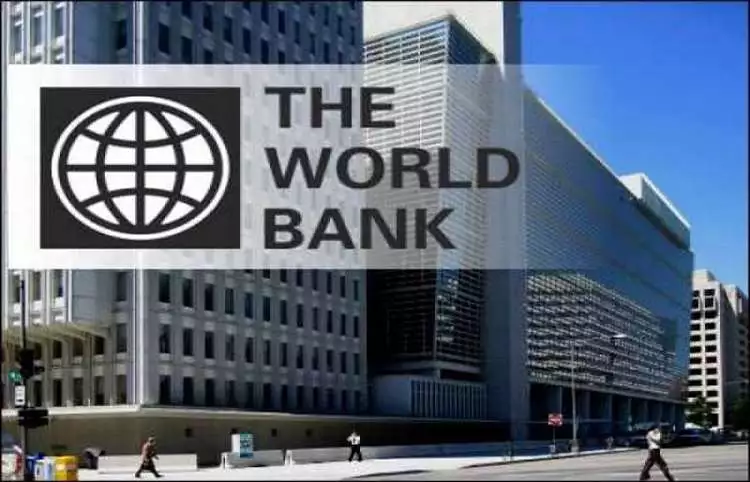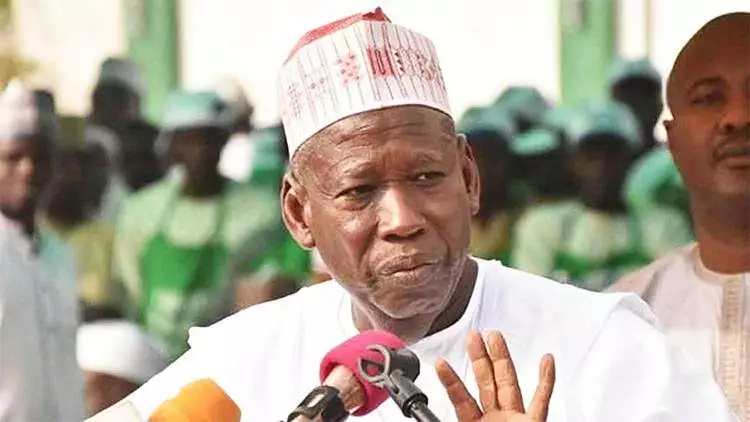By The Source
The President Muhammadu Buhari’s economic reforms policies have pushed more Nigerians into extreme poverty in the last one year, the World Bank said in a report.
The Brentwood, US based institution, in its Nigeria Development Update, NDU said over seven million Nigerians have suffered debilitating poverty as the government pressed for more reforms to stop the country from deeper recession.
The report came barely a week after President Buhari said his government has lifted over four million Nigerians out of poverty in the last few years. The administration said its target is to take over 100 million Nigerians from poverty within few years.
According to the report titled “Resilience Through Reforms, the bank noted that the spiraling cost of food prices has dealt serious blow to the survival of households across the country, adding that the the impacts of COVID 19 has made the situation even worse.
The bank said the Buhari administration should balance economic reforms with the welfare of Nigerians.
While the government took measures to protect the economy against a much deeper recession, it would be essential to set policy foundations for a strong recovery, according to the bank.
World Bank said “although the economy started to grow again, prices are increasing rapidly, severely impacting Nigerian households. As of April 2021, the inflation rate was the highest in four years. Food prices accounted for over 60% of the total increase in inflation. Rising prices have pushed an estimated 7 million Nigerians below the poverty line in 2020 alone.
“The report acknowledges notable government’s policy reforms aimed at mitigating the impact of the crisis and supporting the recovery; including steps taken towards reducing gasoline subsidies and adjusting electricity tariffs towards more cost-reflective levels, both aimed at expanding the fiscal space for pro-poor spending. In addition, the report highlights that both the Federal and State governments cut nonessential spending and redirected resources towards the COVID-19 response.
“At the same time, public-sector transparency has improved, in particular around the operations of the oil and gas sector.”
The report however, notes that despite the more favorable external environment, with recovering oil prices and growth in advanced economies, a failure to sustain and deepen reforms would threaten both macroeconomic sustainability and policy credibility, thereby limiting the government’s ability to address gaps in human and physical capital which is needed to attract private investment.
Meanwhile the bank’s Country Director, Shubham Chaudhuri said “Nigeria faces interlinked challenges in relation to inflation, limited job opportunities, and insecurity.”
He said while the government has made efforts to reduce the effects of these problems by advancing long-delayed policy reforms, it is clear that these reforms will have to be sustained and deepened for Nigeria to realize its development potential.






